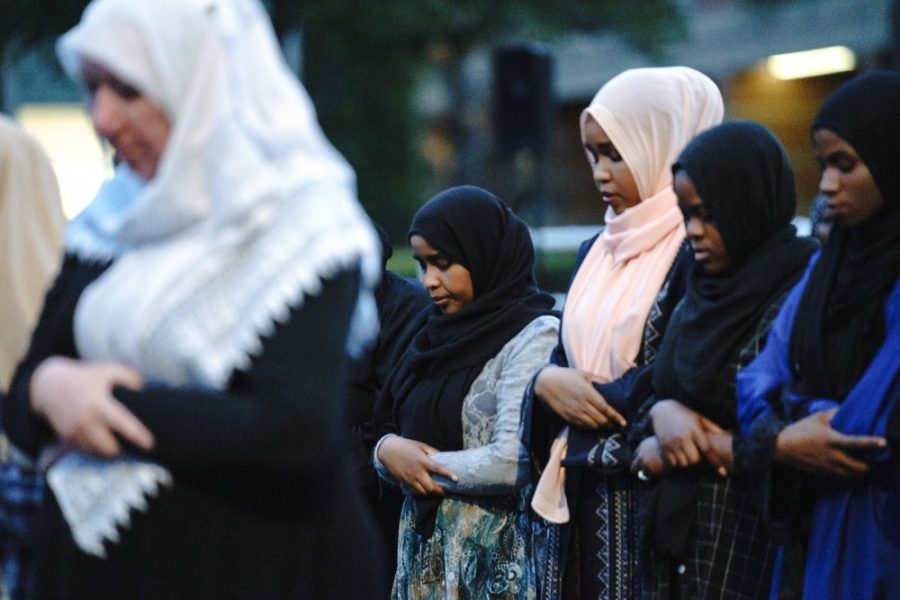The two-party election system in the U.S. has effectively ruined American democracy.
One of the greatest strengths of democracy is that it has the possibility of giving the people what they want. In theory, candidates who look after the interests of the people are continually re-elected while those who fail their constituents are usually serving short and unsuccessful political careers. Unfortunately, this is no longer the system that we have.
The upcoming election has fielded some of the most unpopular candidates in recent memory. Many Hillary Clinton supporters will vote for Clinton not because they believe that she will be a great president, but because they simply do not want to see Donald Trump take the White House; many Trump supporters are using similar arguments. A good portion of Americans view voting in this election as a decision between the bad and the ugly.
It’s a bleak time for moderate voters who are suspicious of political insiders, as neither the Republican nor the Democratic nominee has the traits they look for in a president. Some will decide to choose the lesser of two evils, whomever it may be. Others will elect not to exercise their political power and will choose to stay home on election day. A very small percentage will choose to vote for a third-party candidate and those who do will be accused of wasting their vote.
I would like to ask you a simple question. Is a third-party vote really a waste of a vote?
In a federal election, the odds of a single vote mattering are essentially zero. You can read more about why your vote doesn’t actually matter in an election here.
In actuality, no matter who you vote for, or if you even choose to vote, the same candidate will win. Individually you exercise less political power than the cat who was once a mayor of a small Alaskan town.
Why is there still stigma of not voting for one of the major parties? Many third-parties carry very appealing messages that can easily gain popularity. I propose that instead of voting for one of the two candidates you don’t actually like, you could instead vote for a third-party candidate whose message you believe in.
Admittedly, in this election a third-party candidate won’t win. They don’t have enough name recognition and many people view it as throwing a vote away. But if enough people were to vote for a third-party in this election and the next, the stigma would quickly dissolve. If only 10 percent of the voters decided to support a third-party, the media would have to take notice. We would not be given a third-party presence but we would begin to open the field. In future elections it could eventually become possible for candidates to be judged exclusively on their views and track record. People could begin to vote on the issues instead of voting for an elephant or a donkey.
If you genuinely like Trump or Hillary I wholeheartedly encourage you to vote for them; but if neither appeal to you, rather than choosing the lesser of two evils, I beg you to consider voting for a bit of good. We can begin to send a message that we want more from our democratic system.
Follow Jackson Morrison on Twitter.








